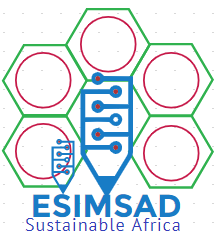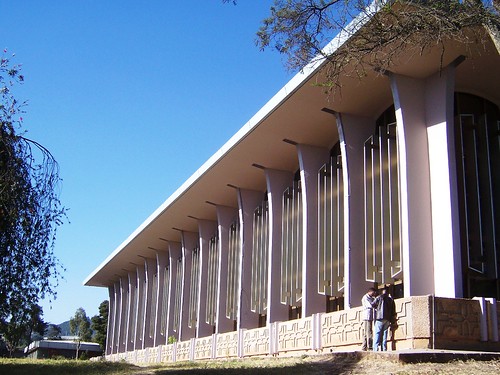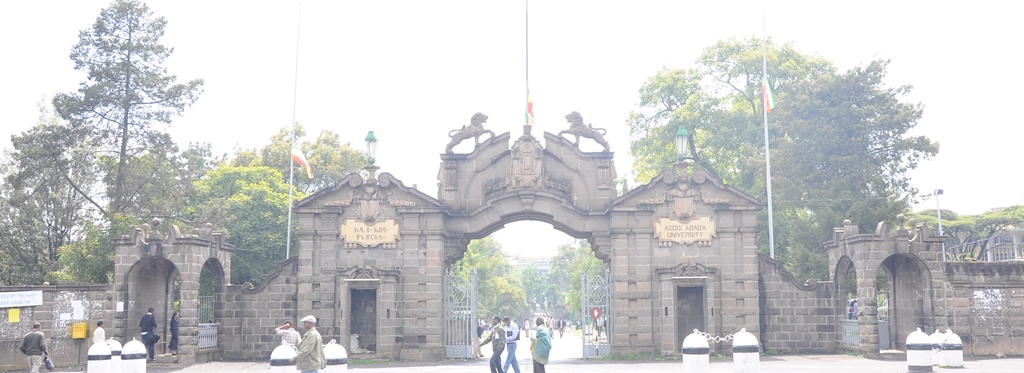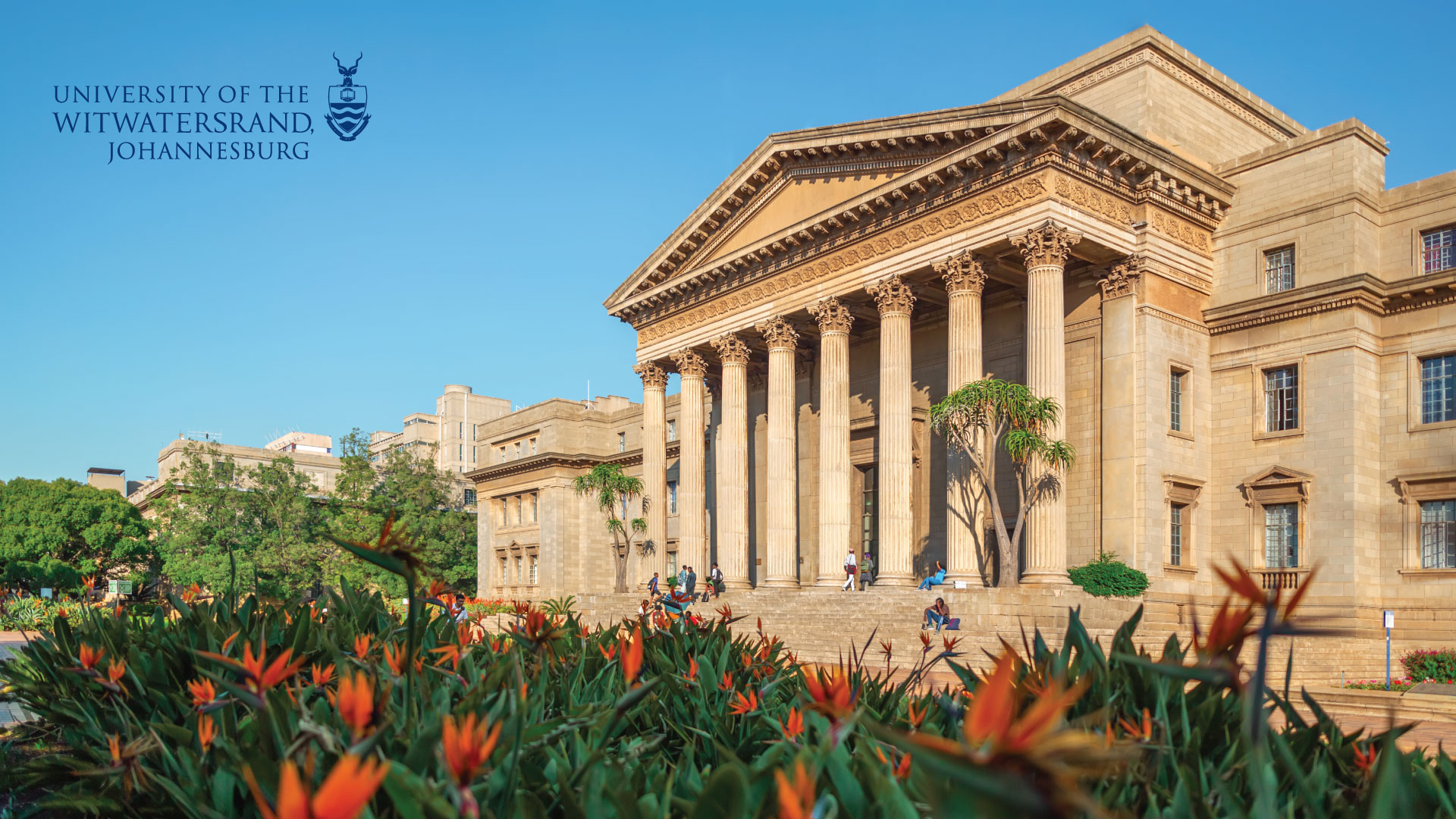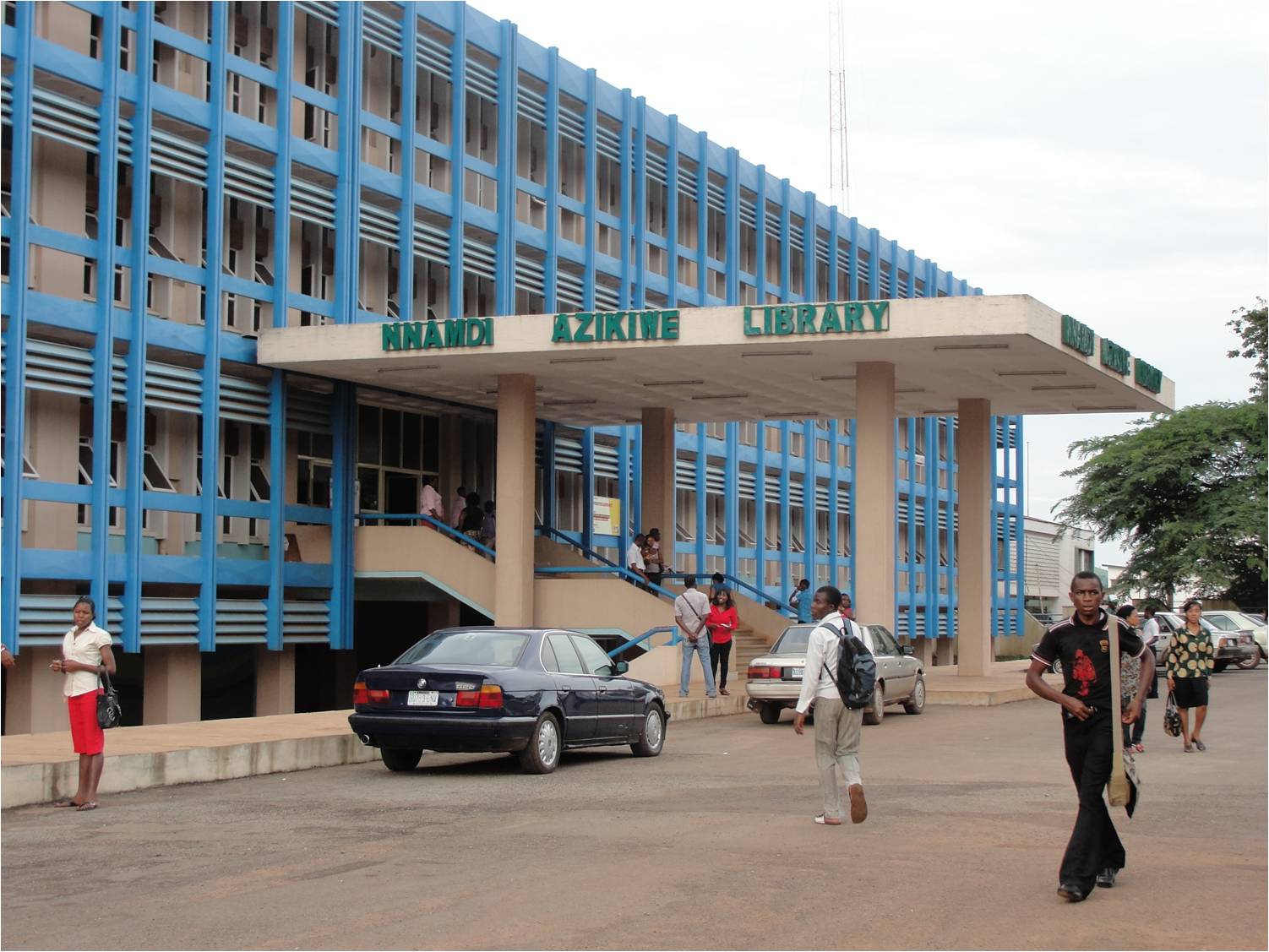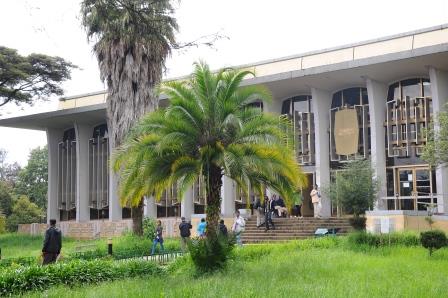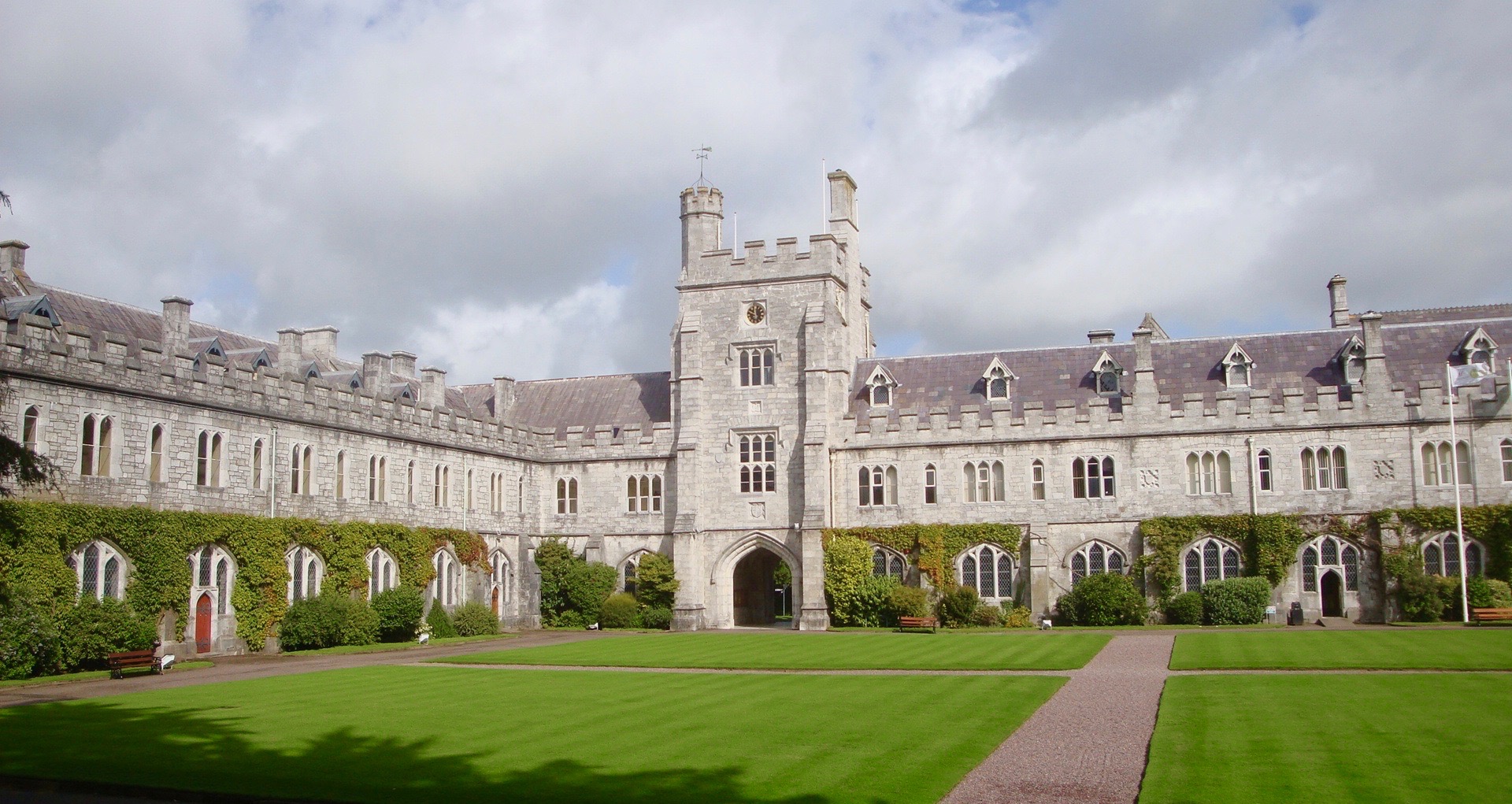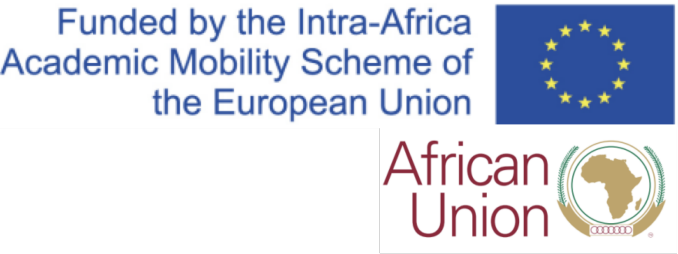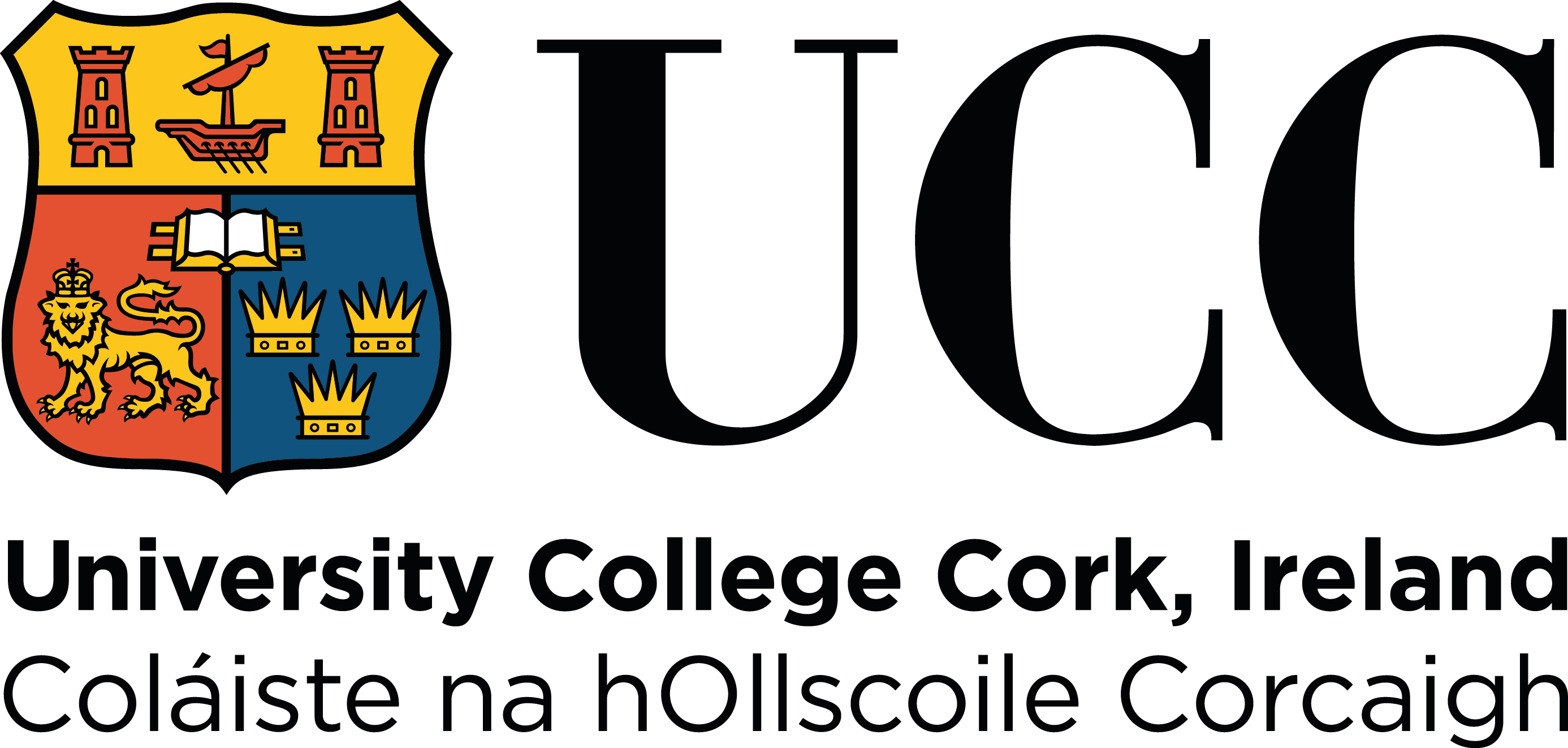Summary of ESIMSAD project
Sub-Saharan Africa countries (SSA) has only 80-91 researchers per 1 million people in 2019, compared with 3778-4272 in N. America & W. Europe. This correlates with the limitation of conducting research & developing concepts, theories, models, instrumentation techniques, or software, in the framework of Research, Development & Innovation (RD&I) projects in the region. Part of the problem also causes a low level of technology, limited dynamism in upgrading technologies, and low productivity jobs & wages. On the other hand, the lack of trained manpower in SSA also indicates the higher rate of informal or vulnerable employment, which is 70 % of total employed against the global average of 46.3% in 2016, or an even higher rate of unemployment (7.4 %) than the global unemployment rate (5.8%) in the region. It is noteworthy that part of this problem also causes a decrease in income per capita which results in an increased surge in the number of migrants from SSA towards Europe for a better life in the last two decades.
The main goal of ESIMSAD is to improve the career prospects of researchers and postgraduate students in SSA through enhanced academic mobility across for regional HEIs, aimed to increase the ability of students to become entrepreneurs in STEM. This goal will be addressed by training the future researchers of Africa at the forefront of research in the multidisciplinary field of Materials Science, Chemistry, Solar Energy physics, and Materials Electrochemistry & Energy Technologies. The outcomes will include training of 24 MSc, 14 Ph.D., and 10 staff with important soft skills. High-quality research results will be published or protected as intellectual property to provide practical insights into innovative materials and technologies & becoming entrepreneurs in STEM. This project will also enhance collaboration in research through conferences, workshops, secondments development of harmonized academic programmes, and best practices for graduate employment across Africa.
